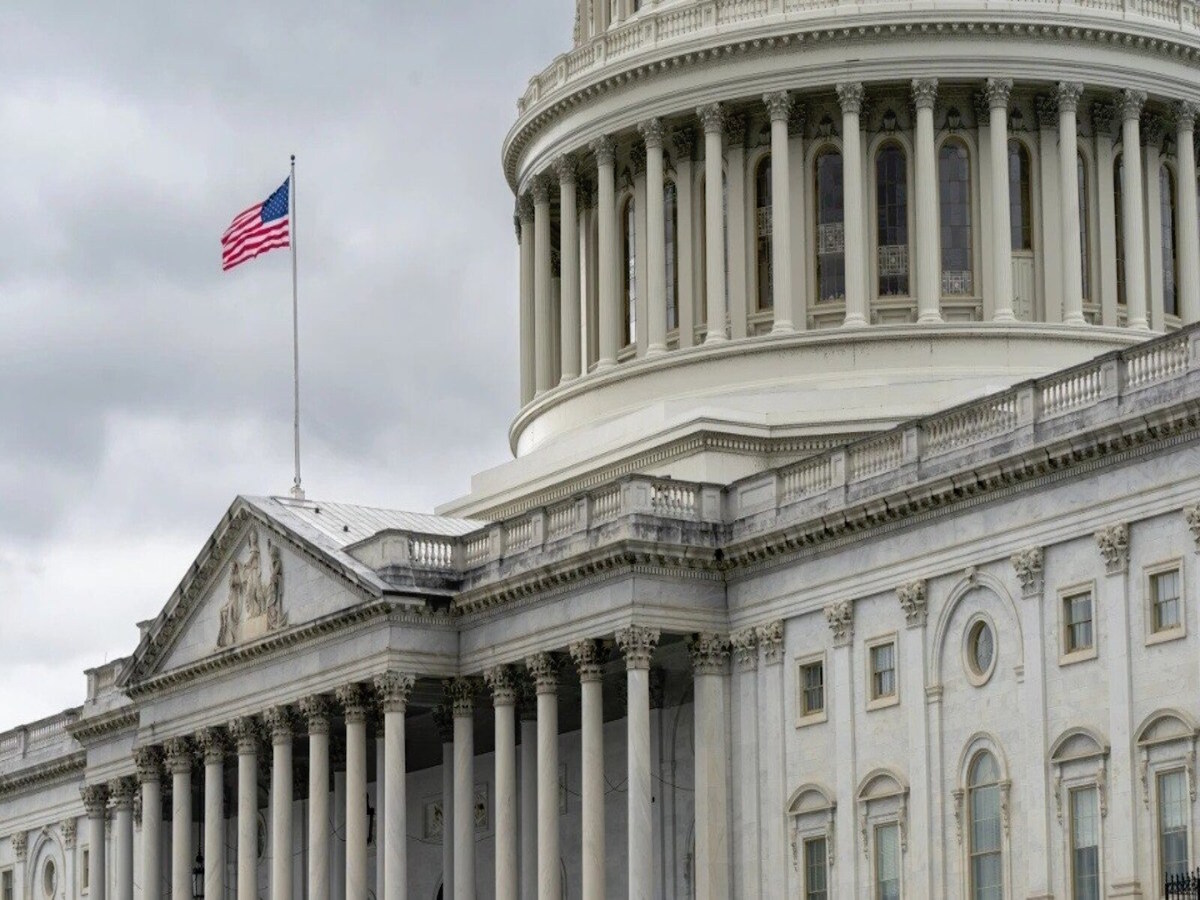The political backlash against environmental, social and governance (ESG) investing in the US has been on an entirely different level to the UK, but for the first time evidence suggests investors are walking away from sustainable investments as a result.
Total outflows of sustainable investment funds amounted to a staggering $8.8bn (£7bn) during the first quarter of this year, according to Morningstar.
A concern is that this trend could spread to the UK. Rishi Sunak has already reneged on many of the government’s climate commitments and the worry is that investors could follow.
“The picture is bleak in the US,” said Hortense Bioy, global director of sustainability research at Morningstar. “The ESG backlash is having an impact on investor appetite.”
With high interest rates, inflation and supply chain disruptions, renewable energy projects have suffered, resulting in clean-energy funds paying lower returns, Morningstar revealed.
Worryingly, sustainable funds have underperformed their more conventional peers, with lower returns in 2022 prompting investors to be more cautious last year, Morningstar said.
Among sustainable funds in the US, those which are actively managed have registered outflows as a category since July last year, Morningstar revealed. Passively managed sustainable funds were slower to see such negatives, with only the past two quarters witnessing net redemptions.
Sustainable outflows
However, the rest of the world is not following suit. While money flowed out of sustainable funds in the US, that wasn’t the case globally, as $900m (£717bn) worth of new investments were made globally.
That was fuelled by persistent demand in Europe, which saw nearly £9bn invested in the first three months of the year – double the figures reported in the previous quarter, according to Morningstar.
Across the regions tracked by the company, Japan was the only one aside from the US to see sustainable fund redemptions in the first quarter, at $1.7bn (£1.35bn). So the concern that the UK could follow suit hasn’t happened… at least not yet.
The biggest company by sustainable assets under management globally is BlackRock at $367bn (£292bn). This was more than double the $177bn (£141bn) second on the list Amundi is managing, Morningstar’s data showed.
Contrasting the outflows Blackrock saw in the US, it raked in more than any European sustainable fund provider in the first quarter, at $6.8bn (£5.4bn).
But in the US, the firm’s redemptions totalled around $5bn (£3.9bn) during the first quarter, nearly 10 times the outflows its sustainable funds saw in the previous three months at $543m (£432m).
Republican pushback
This comes back to the political backlash against ESG-led investing. There has been a great deal of pushback by Republicans in Congress on the issue, who have accused Blackrock in particular of being “woke”.
This trend has also seen some ESG-focused asset managers being blacklisted by some states, such as Texas.
As a result, some asset managers have seemingly toned down their stances on ESG publicly. Vanguard, JP Morgan, State Street, Pimco and Invesco have left organisations such as the Net Zero Asset Managers Initiative or Climate Action 100+, which have net zero and climate change commitments at their heart.
Blackrock is losing out on more than $10bn (£8bn) in assets under management in Texas and Florida due to the anti-ESG measures implemented in those states – although it remains a committed member of the Net Zero Asset Managers Initiative.
The ESG backlash is a trend that is growing across America and shows no sign of abating. Wyoming has published guidance on a rule requiring investment professionals to disclose whether they consider social criteria when making an investment. A similar rule in Missouri is in the pipeline.
ESG investing also has had to deal with new regulation and legislation in the US. A new rule from the Securities and Exchange Commission (SEC) has introduced disclosure requirements for investment advisers and companies around ESG.
And in March, the SEC completed its climate-disclosure rule for publicly listed companies, following the introduction last year of a “fund-naming” rule aimed at dealing with greenwashing.
But one factor that has not helped within the ESG debate is the fact that sustainable funds as a category underperformed their conventional peers in 2023.
Data from Morningstar shows that 53% of US sustainable funds were in the bottom half for returns last year, adding fuel to the fire for ESG-investment sceptics.





Comments